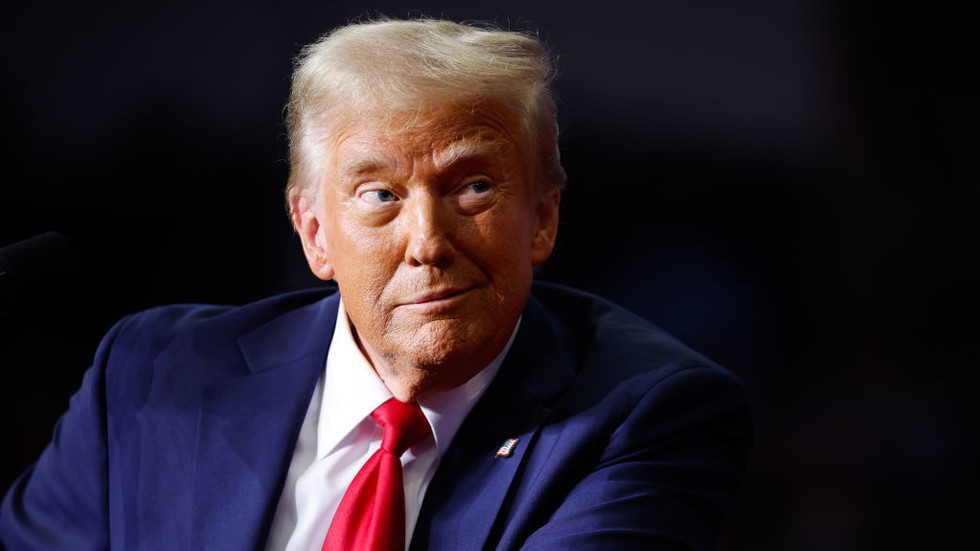The U.S. Justice Department (DOJ) is reportedly considering the possibility of terminating its two federal criminal cases against President-elect Donald Trump before he assumes office. This development has emerged amid ongoing discussions about the feasibility of prosecuting a sitting president, a notion backed by a long-standing DOJ policy prohibiting such actions. According to sources cited by NBC News, the DOJ is contemplating closing the investigations related to the January 6 election interference and the classified documents case. The decision has come as a surprise to legal observers, particularly with Special Counsel Jack Smith previously progressing both cases with minimal deference to the presidential timeline. However, with Trump’s election win now confirmed, it appears that DOJ officials are shifting their stance, acknowledging the complexity of legal arguments that could potentially reach the Supreme Court, which would delay any proceedings significantly.
This reconsideration of the DOJ’s approach has ignited a debate about the agency’s independence and the implications of allowing a president to evade legal accountability through election outcomes. Former federal prosecutor Chuck Rosenberg described the situation as “sensible, inevitable, and unfortunate,” acknowledging the difficulties of pursuing justice in a uniquely politicized context. Former U.S. attorney Joyce Vance expressed increased dismay, emphasizing that the notion of winning an election to escape justice undermines fundamental expectations of the legal system and democratic accountability. This sentiment reflects wider concerns that such a precedent would damage public trust in the rule of law and the institution’s integrity.
The idea that a sitting president might sidestep legal consequences is rooted in a 2000 memo from the Office of Legal Counsel, which asserted that prosecuting a president during their term would impede the functioning of the executive branch. Critics argue that this policy could be interpreted as a form of political protectionism that enables wrongdoing. The allegations against Trump, which include conspiracy to defraud the U.S. in the context of the election-related case and various charges pertaining to the retention of classified documents, pose significant challenges to the principles of democratic accountability. Failure to hold a president accountable for such actions could lead to erosion of public faith in the legal system’s commitment to justice.
Meanwhile, Trump’s legal team has been actively formulating strategies to mitigate both state and federal charges against him, recognizing the unique challenges posed by investigations in New York and Georgia. These cases involve different legal standards and intricacies, potentially creating hurdles for both the prosecution and defense. The ongoing litigation landscape is indicative of an increasingly complex intersection of law and politics, particularly as Trump maneuvers through multiple legal battles while maintaining a significant political presence.
As observers contemplate what this might mean for the future of American governance, the scenario raises critical concerns about the balance between legal accountability and political power. The potential decision to halt federal prosecutions could symbolize broader issues of presidential immunity and reflect how legal norms adapt to the dynamics of political reality. The implications extend beyond Trump himself, as they may set precedents for how future administrations navigate allegations of misconduct while in office, fostering a prevailing atmosphere of political impunity for elected officials.
The ongoing discussions surrounding the DOJ’s prosecutorial direction underscore essential questions regarding the intersection of law, justice, and politics in the United States. As the nation looks ahead, the DOJ’s ultimate decision on these cases could profoundly impact public trust in legal systems, the sanctity of democratic institutions, and the foundational expectations of accountability for those in power. These events signify a critical juncture, emphasizing the need for a robust legal framework that can uphold justice irrespective of political office, ensuring that no individual, regardless of their status, is shielded from the consequences of their actions.

